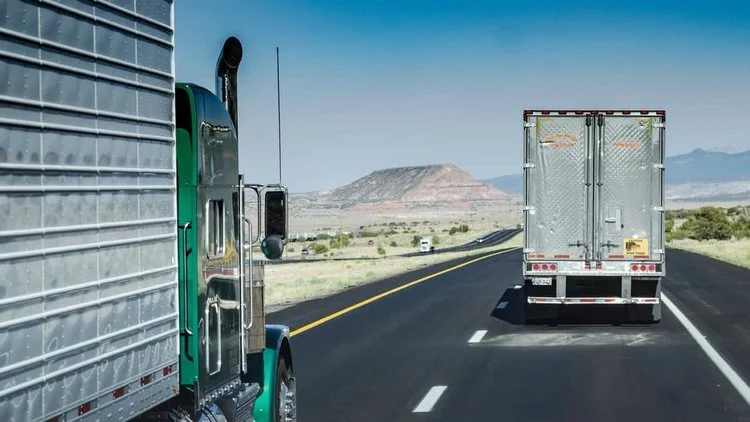
by John Kingston, FreightWaves
The data is in and it shows pretty clearly what everybody has assumed: In the Southeast at least, the size of the verdicts against trucking companies are on the rise.
Data compiled by a company called CaseMetrix is stark in showing how the jury verdicts against trucking companies have gone up over the past few years.
In an email exchange with FreightWaves, CaseMetrix CEO and co-founder Alan Pershing said the company’s database on trucking and corporate transportation is about 94.5% settlement data. However, the data provided to FreightWaves for this story reflects only verdicts.
CaseMetrix’s data for this story is pulled from verdicts in seven states: Georgia, Florida, Texas, Tennessee, Alabama and both Carolinas.
According to the data compiled by CaseMetrix, the average verdict in a trucking case in the Southeast this year has been approximately $17.5 million. That is up from $16.9 million last year.
What is really staggering is how much it is up from two years ago. In 2017, that average was just over $7 million. But even that $7 million would have been raising eyebrows back then, according to the CaseMetrix data. While the average verdict was about $7.5 million in 2015, the fact is those two years of $7 million-plus averages broke a string of years in which the average verdict stayed in a range between high $2 million and low $4 million.
The bottom line: According to the CaseMetrix data, the average verdict against a trucking company in 2012 was about $2.6 million. Now it’s more than $17 million.
But reflecting the impact of big cases on the average, as opposed to what is going on in the wider universe of resolutions, the median verdict award is going up at a far slower pace than the average. This year so far, according to CaseMetrix, the median verdict award is $2.88 million. That’s actually down from the $3.5 million median recorded last year, but is up from two years ago when it was $2.25 million.
Pershing said in an email to FreightWaves that his aggregation of the data found two nine-figure verdicts last year, while 2019 has had one and “some mid-eight-figure verdicts.”
He also noted that not everybody who sues a trucking company is a winner. That fact is embedded in the numbers. “There are defense verdicts ($0 verdicts) in both years though, since we collect data from both plaintiff and defense, so it’s not completely lopsided toward plaintiffs,” Pershing said in his email.
He added that the big jumps he’s seen in the Southeast — the only area his company operates in — are not normal. “During that time we haven’t seen any other significant shifts up or down until the last couple of years,” he said.
CaseMetrix is an information company with a network of attorneys that supply it with data on verdicts and settlements. Its information, according to Pershing, is “used to assess risk, manage client expectations and provide a framework of case value for similar cases to aid in settlement negotiations.” CaseMetrix provides data for a large number of sectors, not just transportation.
Pershing said he could not give a breakdown on the percentage of the verdicts levied against full 18-wheelers or smaller trucks. He said they would “tend” to be 18-wheelers “but there could be some smaller box-type truck verdicts in there.”
The big jury verdicts have piled up this year. Just a few days ago, a Georgia company got hit with an $8 million verdict. Werner Enterprises (STOCK.WERN) had a so-called “nuclear” decision go against it last month. And in the daddy of them all, a Georgia steel hauler got hit with what is believed to be the biggest verdict against a trucking company ever, a case involving a crash in Alabama that killed five family members. That one came in at $280 million. (The Werner case was in New Mexico and would not have been in the CaseMetrix data.)
Chart: FreightWaves SONAR
Rising insurance costs that have accompanied the increases in lawsuit resolutions have led to the shutdown of several trucking companies, according to various anecdotal evidence. Carney Transportation of Alabama shut over the summer, with the flatbed carrier citing higher insurance costs as a reason. A.L.A. Trucking of Indiana closed in late spring with its owner Alan Adams saying insurance costs for his company had risen to more than $700,000 from $340,000 in just one year.
In the Carney shutdown, co-owner David Carney said at the time of the closure that the company had a “major accident” in the prior year. “Once we got the insurance quote, we tried to make it work, but we just couldn’t,” he told FreghtWaves in its story about the closure.
